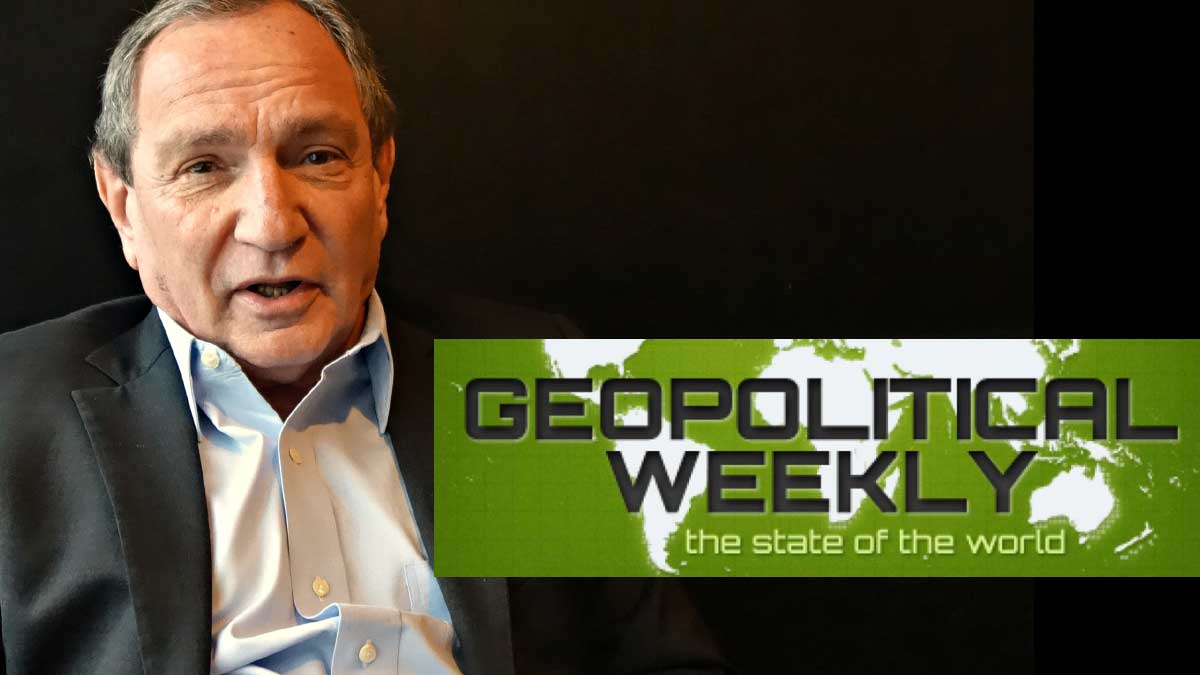Há 7 anos, em Março de 2012, ainda na Stratfor, George Friedman fazia o ponto sobre a estratégia de Pequim. E revelava-se muito prudente.
Entusiasmada com os sucessos já alcançados, a China parece não ter acompanhado Friedman na prudência. Ou seja, Friedman atribuiu e concedeu à China, na sua análise, uma prudência que Pequim não parece ter seguido… Daí talvez o estarmos agora numa aberta, directa e inédita guerra económica, que já nem se procura esconder e atingiu a forma mais dura de conflito geopolítico antes de uma escalada militar.
Xi Jinping (desconheço o seu nível de inglês) devia ter lido Friedman… Vale a pena, à luz dos acontecimentos presentes, reler o que Friedman então avaliava da estratégia chinesa.
The State of the World:AssessingChina’s Strategy
Simply put, China has three core strategic interests.
By George Friedman | Stratfor | Mar 6, 2012
Paramount among them is the maintenance of domestic security. Historically, when China involves itself in global trade, as it did in the 19th and early 20th centuries, the coastal region prospers, while the interior of China — which begins about 160 kilometers (100 miles) from the coast and runs about 1,600 kilometers to the west — languishes. Roughly two-thirds of all Chinese citizens currently have household incomes lower than the average household income in Bolivia. Most of China’s poor are located west of the richer coastal region. This disparity of wealth time and again has exposed tensions between the interests of the coast and those of the interior. After a failed rising in Shanghai in 1927, Mao Zedong exploited these tensions by undertaking the Long March into the interior, raising a peasant army and ultimately conquering the coastal region. He shut China off from the international trading system, leaving China more united and equal, but extremely poor.
The current government has sought a more wealth-friendly means of achieving stability: buying popular loyalty with mass employment. Plans for industrial expansion are implemented with little thought to markets or margins; instead, maximum employment is the driving goal. Private savings are harnessed to finance the industrial effort, leaving little domestic capital to purchase the output. China must export accordingly.
China’s second strategic concern derives from the first. China’s industrial base by design produces more than its domestic economy can consume, so China must export goods to the rest of the world while importing raw materials. The Chinese therefore must do everything possible to ensure international demand for their exports. This includes a range of activities, from investing money in the economies of consumer countries to establishing unfettered access to global sea-lanes.
(Continuar a ler em The State of the World: Assessing China’s Strategy)
Exclusivo Tornado / IntelNomics




